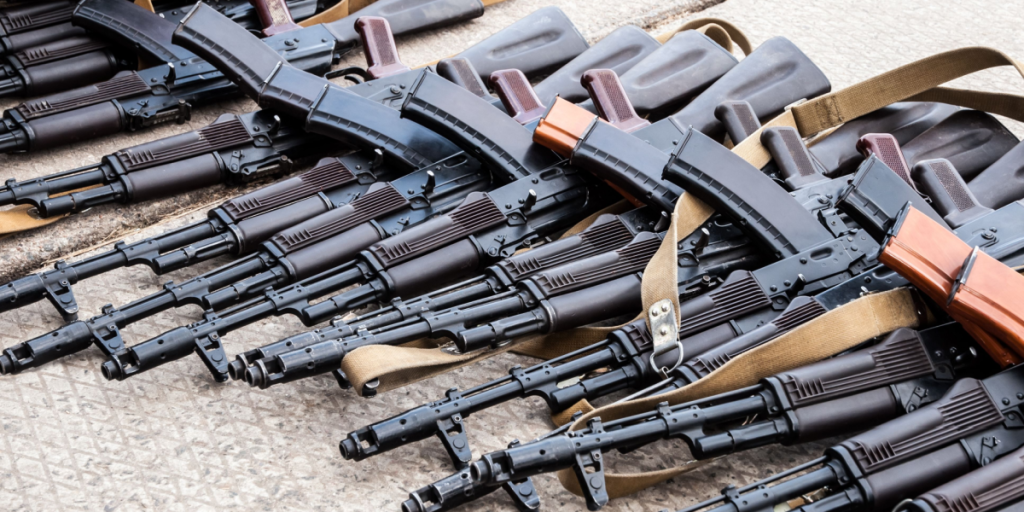Analysts warns not to take a final peace deal for granted, as there are still important questions to be answered.
Others are reading now
Analysts warns not to take a final peace deal for granted, as there are still important questions to be answered.
A Draft Peace Deal Signals Hope in Central Africa
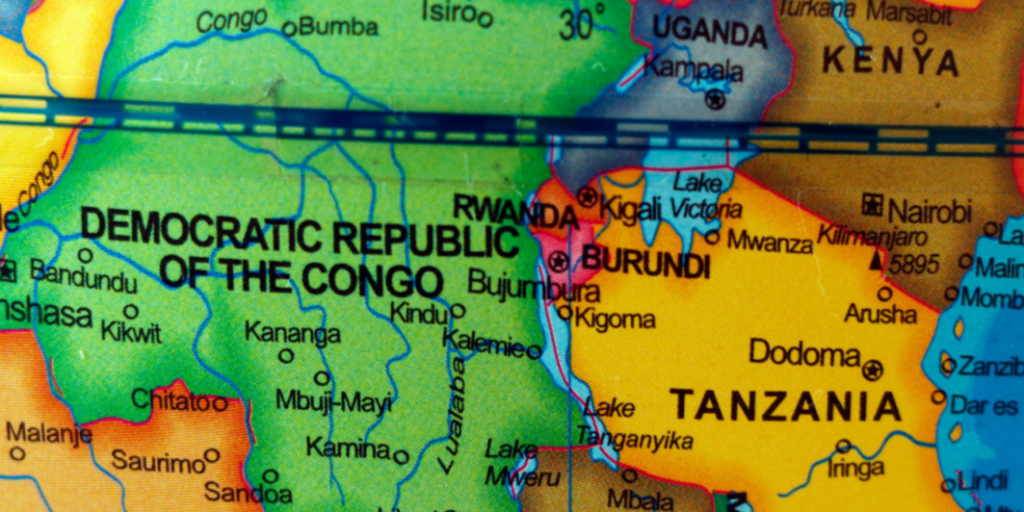
Officials from Rwanda and the Democratic Republic of Congo (DR Congo) have reached a draft peace agreement, marking a potential turning point in a decades-long conflict.
The deal, mediated by the US and Qatar, aims to bring an end to violence that has destabilized eastern DR Congo for over 30 years.
Disarmament and Integration at the Core
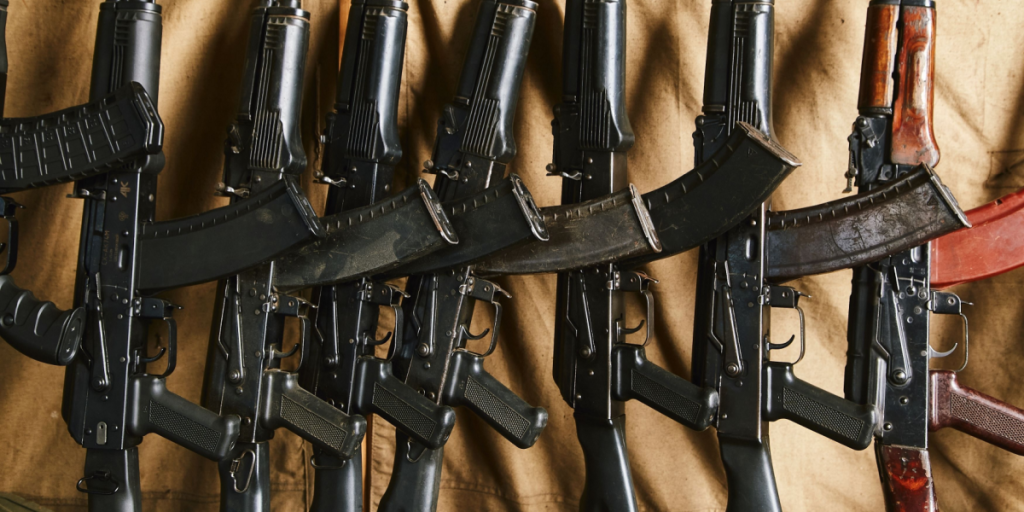
The heart of the draft deal focuses on the “disengagement, disarmament, and conditional integration” of armed groups, including the notorious M23 rebels.
Also read
These groups have played a major role in the region’s unrest, with M23 currently controlling significant territories.
Rwanda Denies M23 Links
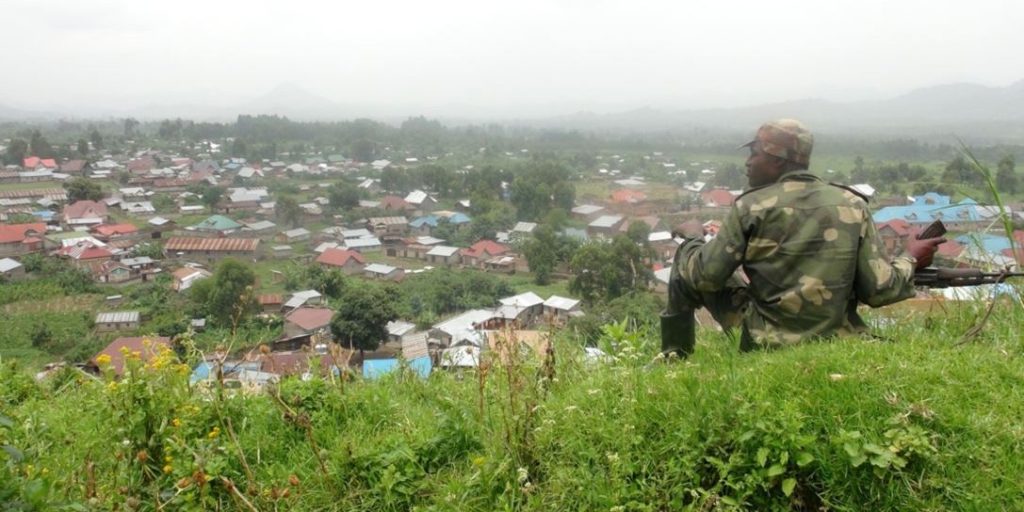
Despite repeated allegations, Rwanda continues to deny supporting M23. Instead,
Rwanda insists its military presence in eastern DR Congo is purely defensive, targeting threats from groups like the FDLR, a militia tied to the 1994 Rwandan genocide.
Billions in Investment Could Follow

A lasting peace could unlock vast economic potential.
Eastern DR Congo is rich in minerals like coltan, essential to global electronics, making Investors keep an eye on the upcoming proceedings to make af signed peace deal.
Because there are still knots that needs to be smoothed out.
Questions Cloud the Path Ahead

Analysts caution that key elements of the draft remain unclear.
Will M23 withdraw from captured areas? Will Rwanda acknowledge and remove any troops in DR Congo?
Such unanswered questions could complicate the road to peace.
US Steps Up Mediation Role
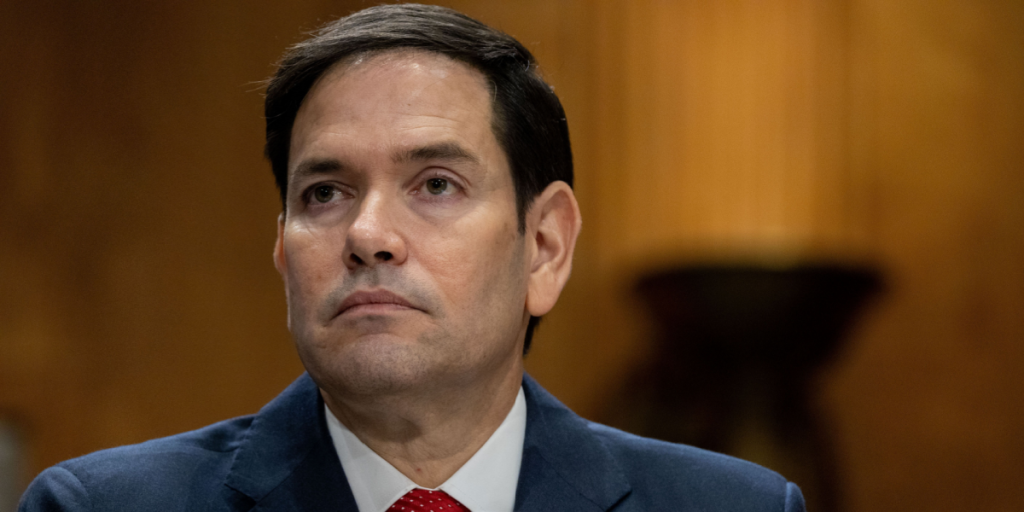
The US has played a pivotal role in this latest breakthrough.
Technical teams from both nations initialled the draft during three days of intensive talks in Washington, with Secretary of State Marco Rubio set to attend the formal signing.
Humanitarian Crisis Remains Dire
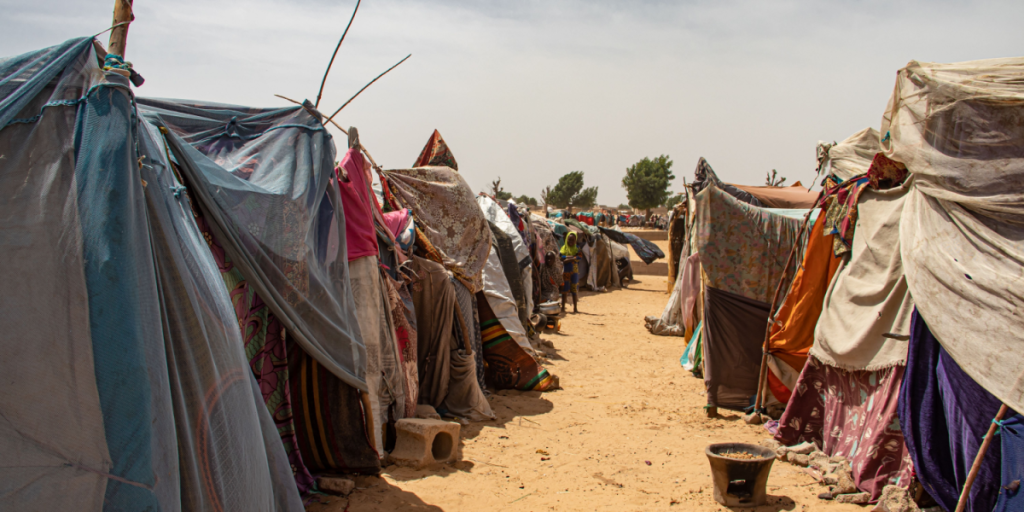
While diplomacy unfolds, the humanitarian situation remains grim.
The M23 offensive has killed thousands and displaced hundreds of thousands.
Reopening Goma airport and allowing refugee returns are among the urgent needs still unresolved.
The Rwanda Genocide
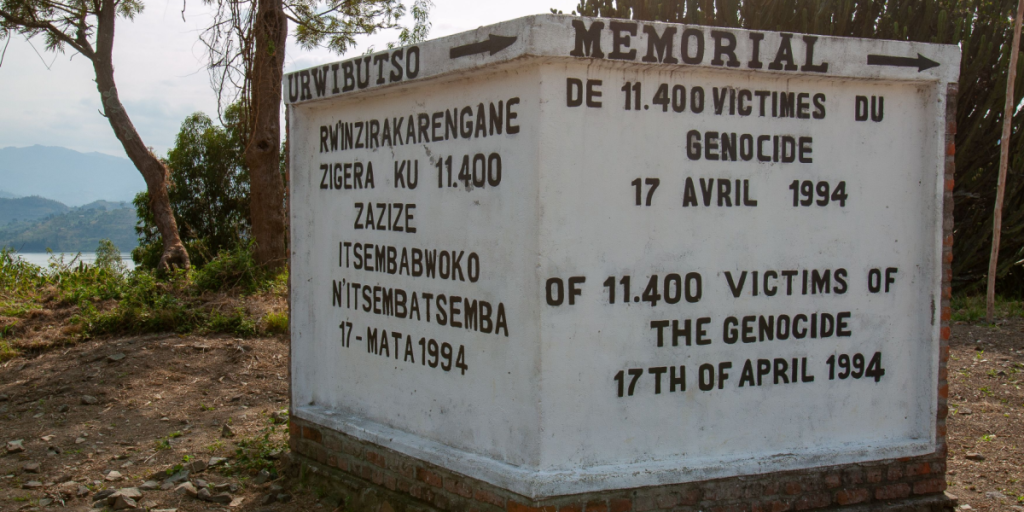
The decades long conflict was sparked by the Rwanda Genocide in 1994 during the Rwandan Civil War.
Over a span of around 100 days, members of the Tutsi ethnic group, as well as some moderate Hutu and Twa, were systematically killed by Hutu militias.
Most scholarly estimates suggest between 500,000 and 662,000 Tutsi died, mostly men.

